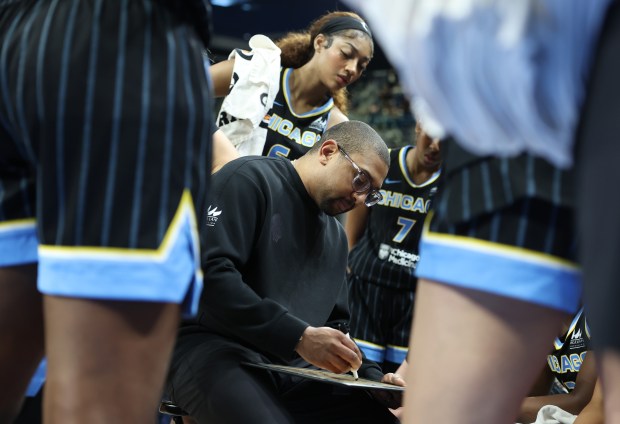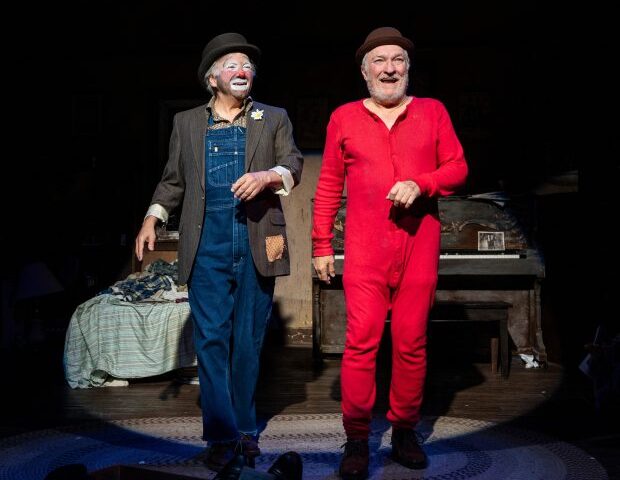A judge in Springfield on Wednesday ruled unconstitutional a new Democrat-passed law that would have prevented Republicans from slating legislative candidates for the November general election in contests where they had not fielded a contender in the March primary.
Sangamon County Circuit Judge Gail Noll said the legislation, quickly passed by the Democratic-led legislature and signed into law May 3 by Democratic Gov. J.B. Pritzker was unconstitutional because it “impermissibly burdens” candidates who had been following the previous law from “their right to vote and to have their names placed on the November ballot.”
Before Democrats moved to change the law, local partisan committees in either political party could fill legislative spots on the general election ballot in races where no candidates from that party had run in the primary. The candidate slated by the political party was still required to obtain candidacy petition signatures in order to appear on the general election ballot.
When he signed the legislation into law, Pritzker said it forced candidates to run in the primary and prevented “backroom deals” where “some small group of people in a smoke-filled room” decided who would run in the general election.
But the attempt to block slating was viewed by many, especially Republicans, as an effort to give the Democrats a boost in the Nov. 5 elections before a vote was even cast. Democrats already hold sizable supermajorities in the House and Senate and the GOP’s inability to slate opponents for late general election challenges would only help Democrats keep their advantage.
“Changing the rules relating to ballot access in the midst of an election cycle removes certainty from the election process and is not necessary to achieve the legislation’s proffered goal,” the judge said, noting that lawmakers could have made the change effective for the 2026 legislative elections.
The court case was brought by the conservative Chicago-based Liberty Justice Center on behalf of Republicans who were circulating candidacy petitions for the November ballot when Pritzker signed the new law, which had an immediate effective date.
Illinois Senate Republican Leader John Curran of Downers Grove said in a statement that the law was an assault on the constitutional rights of Illinoisans “in the Democrats’ quest for power at all costs.”
“If Gov. Pritzker has any faith in the voters of Illinois, he should immediately call on the Illinois Attorney General to suspend further litigation in this matter, accept the court’s ruling and stop trying to manipulate the upcoming election,” Curran said.
Noll in late May had stayed the law from going into effect pending a final order following a hearing on Monday, which was also the same day as the original deadline for slated candidates to file their candidacy petitions with the Illinois State Board of Elections.
As a result of the stay, 17 Republicans filed to appear on the general election ballot through the slating process from among 50 vacancies where the GOP did not field primary candidates for the House and Senate seats up for election in November.
Noll’s order prevents the use of the now struck-down law from being used to challenge those 17 candidates’ right to appear on the ballot.
“The General Assembly can change the rules for elections, but they can’t do it in the middle of the game to keep challengers off the ballot. We are proud to stand up for these candidates and against yet another scheme to suppress competition in Illinois elections,” Jeffrey Schwab, senior counsel at the Liberty Justice Center, said in a statement.
In passing the measure in the legislature, Democrats quickly approved it over a two-day period. Pritzker signed it into law a day after he told reporters he hadn’t seen all the details but considered the legislation to be an “ethics” bill that prevented backroom dealing “to put people on the ballot.”
But the law also represented the weakness of the state GOP in its inability to field candidates for the General Assembly and the ability of majority Democrats to take advantage of it.
If the law had been allowed to proceed, Democrats would have been only two seats shy of keeping their Senate majority and only eight seats away from maintaining their supermajority as a result of races where no GOP candidate filed for the primary.
In the House, where all 118 seats are up for election in the fall, Republicans failed to field a primary candidate against 42 House Democrats. That put Democrats only 18 votes shy of retaining majority status and 29 votes short of supermajority status before the general election was held.
Republicans particularly contended that Democrats rushed the measure to protect one of the few downstate House Democrats, state Rep. Katie Stuart of Edwardsville, from a challenge. But her slated GOP challenger, Jay Keevan, had gathered enough signatures and filed with the State Board of Elections before Pritzker had signed it into law.
Not affected by the judge’s ruling are provisions of the law that also will place three nonbinding advisory proposals on the November ballot — asking voters if they favor insurance coverage protections for in vitro fertilization, if earners of $1 million or more a year should be taxed extra to pay for property tax relief, and if candidates for office should face civil charges for attempting to interfere with election workers.
A maximum of three nonbinding proposals are allowed on the ballot and the move by Democrats was aimed at crowding out attempts by conservatives to try to place their own advisory question asking if parental consent should be required for gender counseling, therapy or modification procedures.




